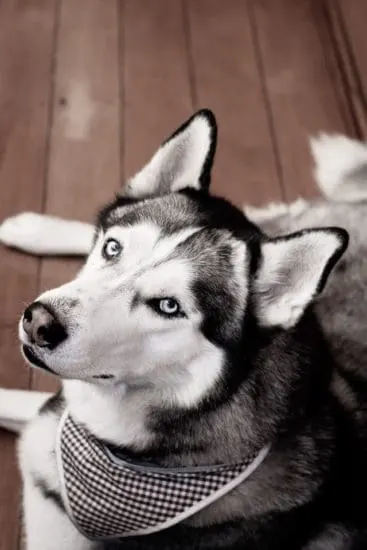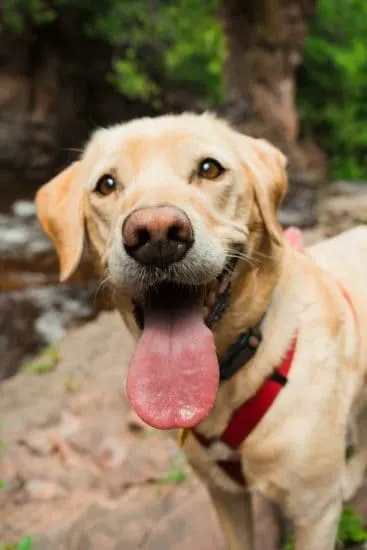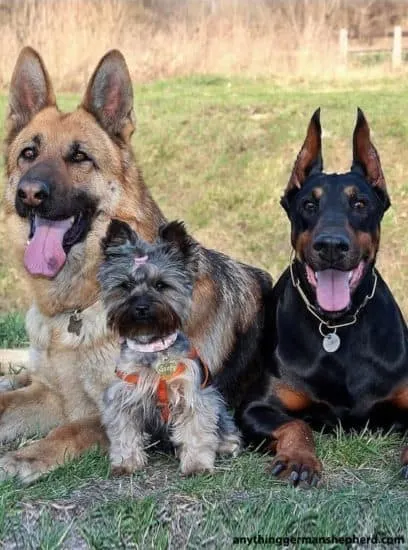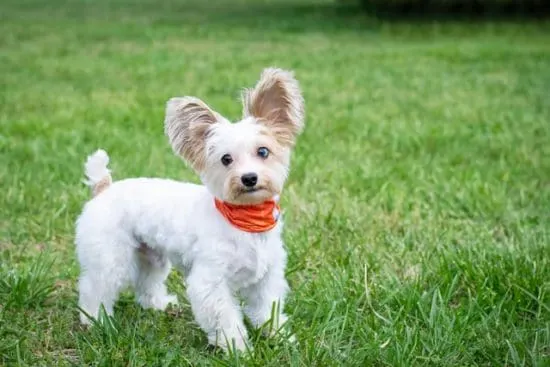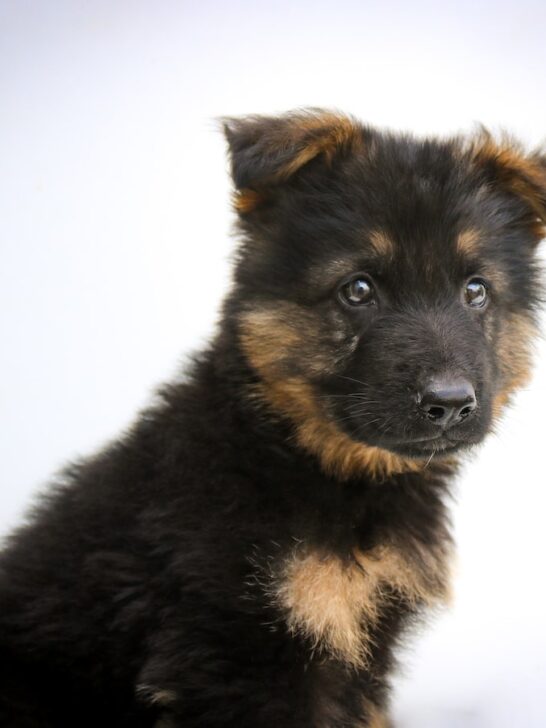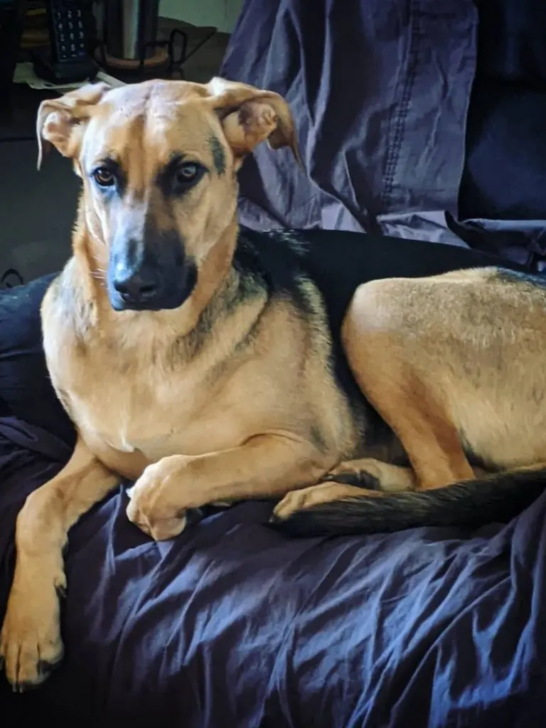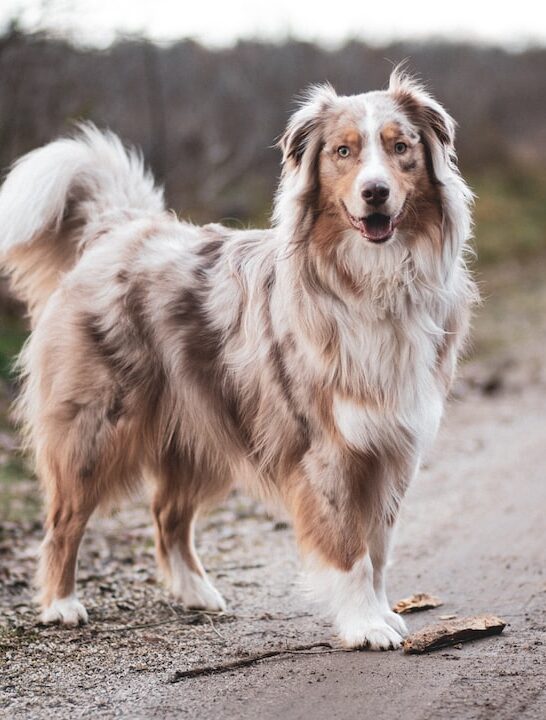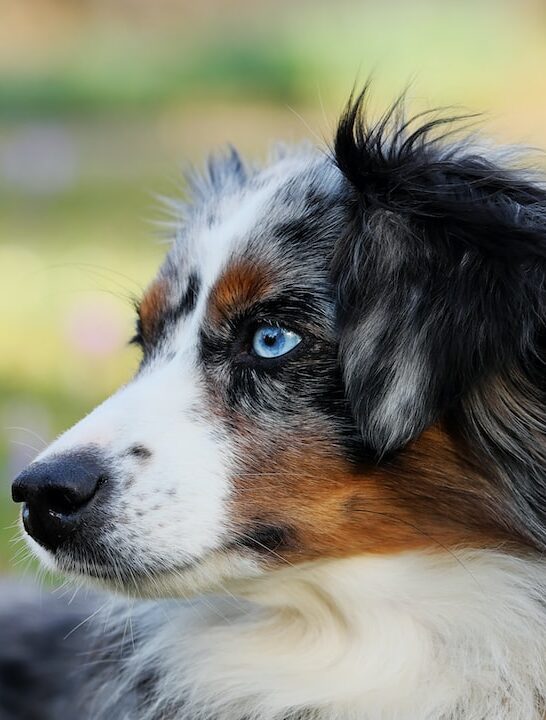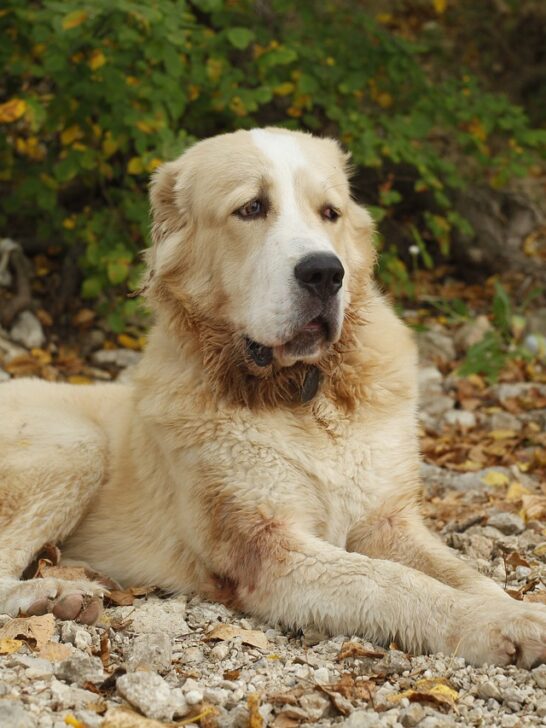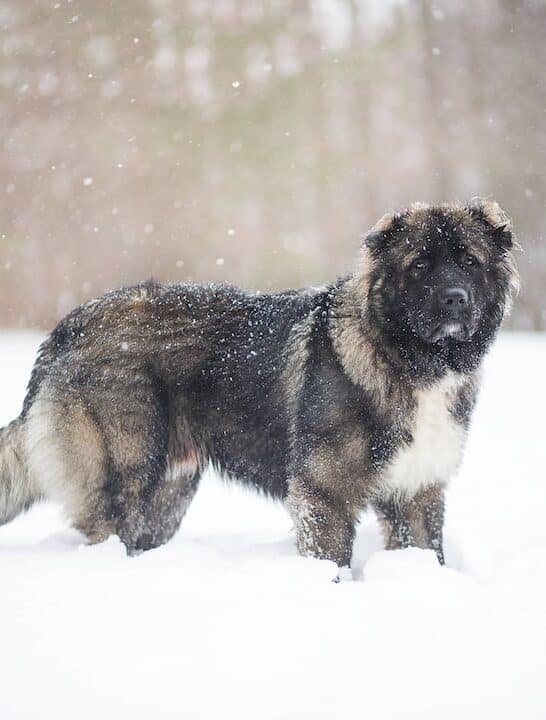Best Companion Dog for German Shepherd: Which Breeds Top the List?
Several breeds, particularly larger, more mellow dogs, are excellent companions to keep up with German Shepherds’ physical and social needs.
Although every dog has personality variations, some breeds overwhelmingly have more desirable traits.
The following are the four best breeds known to get along well with German Shepherds:
These dogs are medium to large, ensuring better compatibility.
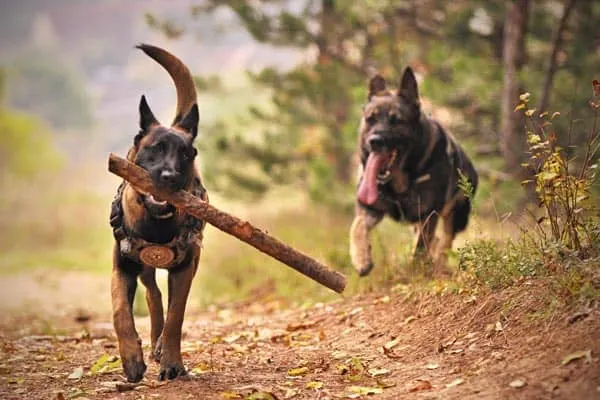
How Do You Define Getting Along with German Shepherds?
Matt Pettitt notes how important the decision to add a new dog to your household can be. He urges how anyone who wants to add another dog needs to do their “homework.”
Even though individual dogs seemingly get along well with German Shepherds, positive behavior at rest or play only tells part of the story.
Issues like aggressiveness, possessiveness, and rivalry must all be taken into account.
The good thing is that the breeds German Shepherds get along with the most usually are of a size that helps them keep up with Shepherd’s demands.
Most breeds that get along well with them also have mellow personalities.
According to Friends of the Dog, there are also smaller breeds with excellent compatibility, including terriers and bulldogs. Despite this, larger breeds do make a safer choice.
Do German Shepherds and Siberian Huskies Get Along?
Both the German Shepherd and the Siberian Husky dislike being left alone for long periods.
However, when properly introduced and socialized, they make perfect companions for each other when you are away from home.
Neither breed does well when left to its own devices in a backyard setting. Both dogs can scale fences quickly, and they can be champions at howling, which your neighbors might not appreciate.
These breeds both have traits that contribute to a high activity level.
If you live the type of life where you’re always doing something with a lot of activity, these two breeds will live together quite nicely.
Even though most Huskies today are not involved with
How Do German Shepherds and Labrador Retrievers Get Along?
According to Alexander Hunt, Shepherds and Labradors get along very well, largely due to a Lab’s easygoing personality.
Both breeds have a high activity level that encourages them to explore and engage in other activities with their families.
If you have an active family that includes children, this combination will be perfect.
Because both breeds are people-oriented, they do best in a setting where they get a lot of attention.
The dogs are best for providing company for each other.
Should German Shepherds and Golden Retrievers Live Together?
Loyal Goldens states that German Shepherds and Golden Retrievers do get along well. High intelligence levels with both dogs allow for easier training.
The typically calm personality of a Golden Retriever provides a perfect counterbalance to the often-high energy level of a German Shepherd.
However, as both breeds have strong exercise requirements, they will require stimulating activities.
Regular walks, or hikes, when possible, are great activities for both of these dogs. One of the best things about these outdoor activities is that they are easy to pull off with both dogs.
All you need is to make sure they have good leash manners.
What About German Shepherds and Border Collies Being Together?
Steve Charnock has highlighted the strong herding instincts that Border Collies possess, making them worthy companions for German Shepherds in your household.
Border Collies’ athleticism and intelligence are two traits that they have in common with German Shepherds. These dogs have retained a strong herding instinct.
One of the things that come naturally with their strong herding instinct is high energy.
Activities like going on long walks or hikes, and playing Frisbee, are examples of pursuits perfect for both types of dogs.
The boundless energy of a Border Collie will provide the ideal stimulation for a GSD, especially a younger dog.
The Border Collie’s instinct to herd even other dogs can provide plenty of amusement. However, you want to make sure that the “herding” attempts don’t get out of control.
Otherwise, the dogs’ playtime might get a little tense!
Are There Any Large Breeds That Should Not Live with German Shepherds?
In most cases, a German Shepherd not getting along with other dogs is more due to training issues than problems that involve other breeds.
Proper socialization makes a difference in the case of any multi-dog situation.
Dog Breeds List considers the German Shepherd a good match for most other breeds. However, there are some exceptions where large breeds are concerned.
Even though they have some popularity due to their beautiful appearance, wolfdogs are some of the most aggressive dogs around.
Since many are part Shepherd, they often end up in homes with a German Shepherd present.
Wolfdogs are less predictable than many other types of dogs, due to their recent wild ancestry.
These dogs are less likely to obey commands given to them, and less likely to respect their owners’ leadership. These dogs may be quite aggressive.
Staffordshire Terriers or American Pit Bulls, though known for being agreeable to most people, often tend to be aggressive towards other dogs. American or English Staffordshire Terriers have a dogfighting history.
In the case of American Bulldogs, these dogs were used for catching livestock.
The traits that make these dogs capable of capturing livestock can also prompt aggression towards other dogs. Dogs with these traits can cause injury.
Mastiffs can also be a poor choice because of their large size and difficulties getting along with dogs they were not raised with from puppyhood.
Although there are exceptions, most mastiffs are better with people than other dogs.
Because Mastiffs have such a large build, breaking up a fight between one and a GSD without risking injury might be difficult.
Because of these potential problems, a Mastiff is one of the breeds potentially poorly suited to life with a Shepherd.
When a German Shepherd Dog and another breed otherwise seem compatible, proper socialization makes all the difference.
The greater your efforts to help your dogs get along peacefully, the fewer chances your dogs will have of developing conflicts.
Watch this YouTube video for more information.
Can Small Dogs Live with German Shepherds?
German Shepherds Owner urges owners to use caution when keeping a German Shepherd and a small dog together.
The presence of small dogs is a situation that can easily trigger a Shepherd’s prey drive.
For the best results, a German Shepherd needs to have been raised around small dogs from the time they are puppies. Otherwise, it is hard for them to adjust.
Many German Shepherd Dogs have dominant natures, which can easily manifest around small breeds like terriers or Dachshunds that also have strong “alpha dog” tendencies.
Dominance is a problem because it signals that the dog doesn’t respect you.
Another problem is that some smaller breeds display fear of aggression and also have no awareness of their size.
A little dog acting out against a large dog in its space could face painful or even tragic consequences.
This video shows a German Shepherd and Chihuahua playing together. With these dogs being of such drastically different sizes, it’s easy to see why supervision is essential.
Your GSD’s age will play a role in whether they have a good chance of living with a smaller breed. As much training as possible when the dog is younger will help make a difference.
Older dogs can become acclimated to a small dog, but consistent training is essential for the best results.
Taking some measures like separating the dogs, as needed, may still be necessary to help ensure peace.
With training and socialization, German Shepherds and small dogs with easygoing temperaments can live together.
However, separation, when the dogs cannot be supervised, is a good idea.
How Do You Get Your German Shepherd Used to Another Dog?
The good news, according to The Happy Puppy Site, is that most GSDs will adjust to other dogs with proper training and socialization.
If your German Shepherd is still a puppy, introductions to other dogs will come fairly quickly. A general rule of thumb is to introduce the puppy in a neutral location, such as a friend’s fenced backyard.
Ensure the other dog, especially if it is an adult, is not trying to dominate your puppy. Aggression on the other dog’s part can make things difficult but can result in the puppy getting injured.
Even if the other dog is a puppy, you need to make sure your puppy isn’t displaying aggression. The interactions need to be cut short if any hostilities should arise.
Make sure they are only allowed together again when things have calmed.
In the case of an adult dog, consider a meet-and-greet with the rescue, shelter, or breeder before bringing the other dog home.
You will find it easier to cope if the disagreement doesn’t happen after you’ve bought a new dog home.
Don’t despair if there are problems at first. Most dogs will have an adjustment period that may or may not always go smoothly.
Rehoming a new dog because of disagreement between the two should always be treated as a last resort.
What Are Some Special Precautions When Bringing a Puppy Home With a German Shepherd?
Pam Goldberg Smith emphasizes the importance of making the initial introductions on neutral ground when a new puppy is being brought into the family.
In any case, it is better to have the adult German Shepherd in another location when you initially bring the puppy into the house.
Giving the puppy time to sniff around and get used to everything will keep them calmer when your GSD comes in.
Make sure all food and toys are put away so the dogs will have nothing to quarrel over.
Never allow any harassment on the part of the older dog. Always separate the two if there are any problems.
How Do you Deter Aggression in a German Shepherd?
Some German Shepherds will show aggression to other dogs despite your best efforts. Wag! recommends several helpful methods.
One of the best ways to ensure the success of methods of curb aggression is to make sure each dog has a safe place, like a crate, of their own.
Crates provide a place to eat and sleep, as well as a place of safety and calming after tension.
Make sure you have a spray bottle filled with water. If any growling, barking, or aggressive posturing occurs, give the dog a spray of water.
This simple action will teach the dog to associate acting out with negative consequences.
Another option is a remote-controlled spray collar filled with citronella oil.
Making sure the dog gets a squirt each time they act aggressively also teaches the GSD that bad behavior comes with negative consequences.
Avoid allowing aggressive play that gets dogs needlessly worked up, which can lead to further acting out. Never treat aggressive behavior like it’s a joke.
Doing so could have regrettable consequences.
Making Sure Your German Shepherd is Properly Introduced to Adult Dogs
Follow the same general guidelines for introducing a Shepherd to an adult dog that you would for a puppy.
You should begin working on basic commands with both dogs present as soon as possible or try some obedience classes.
When you first introduce the dogs face-to-face, keep both dogs leashed. Make sure you stand in front of your German Shepherd so they do not feel like they must protect you.
Stop the interaction if the dogs show signs of aggression or fear. Trying to force their getting along will only make things stressful for the dogs.
When they stay at ease and show signs of accepting each other, reward them using praise or treats.
Keeping Things Calm Consistently
One of the most important things to remember about German Shepherds, as well as dogs of a similar size and energy level, is that they require a lot of exercises.
The more exercise dogs get, the more likely they are to behave.
Always make sure your dogs get rewarded for behaving themselves. The more they associate behaving themselves with being rewarded, the more they will be inclined to behave appropriately.
Never use punitive behavior like hitting, shoving, or kicking.
These actions frighten dogs and betray their trust, but might also cause dogs to act out with aggression, something you want to avoid in a big dog like a GSD.
Several breeds make excellent companions for German Shepherds. However, knowing how to make the proper introductions is key to making sure all goes smoothly.
Related Posts:
- Should I Get a German Shepherd: Important GSD Information to Consider
- Are German Shepherds Good for First Time Owners: Challenges You Need to Think About
- How to Pick a German Shepherd Puppy: Practical Advice














